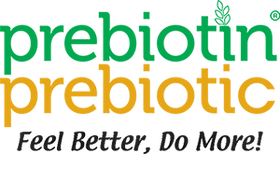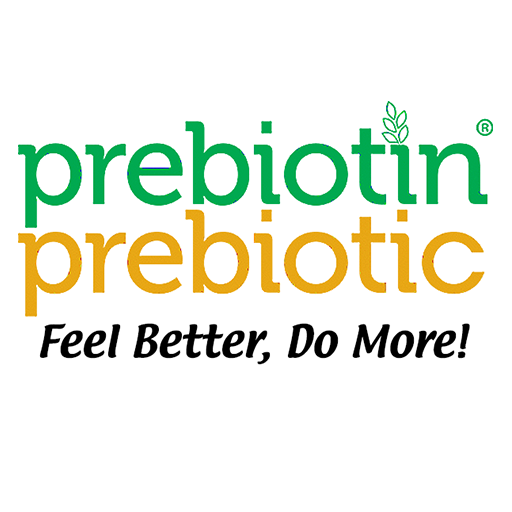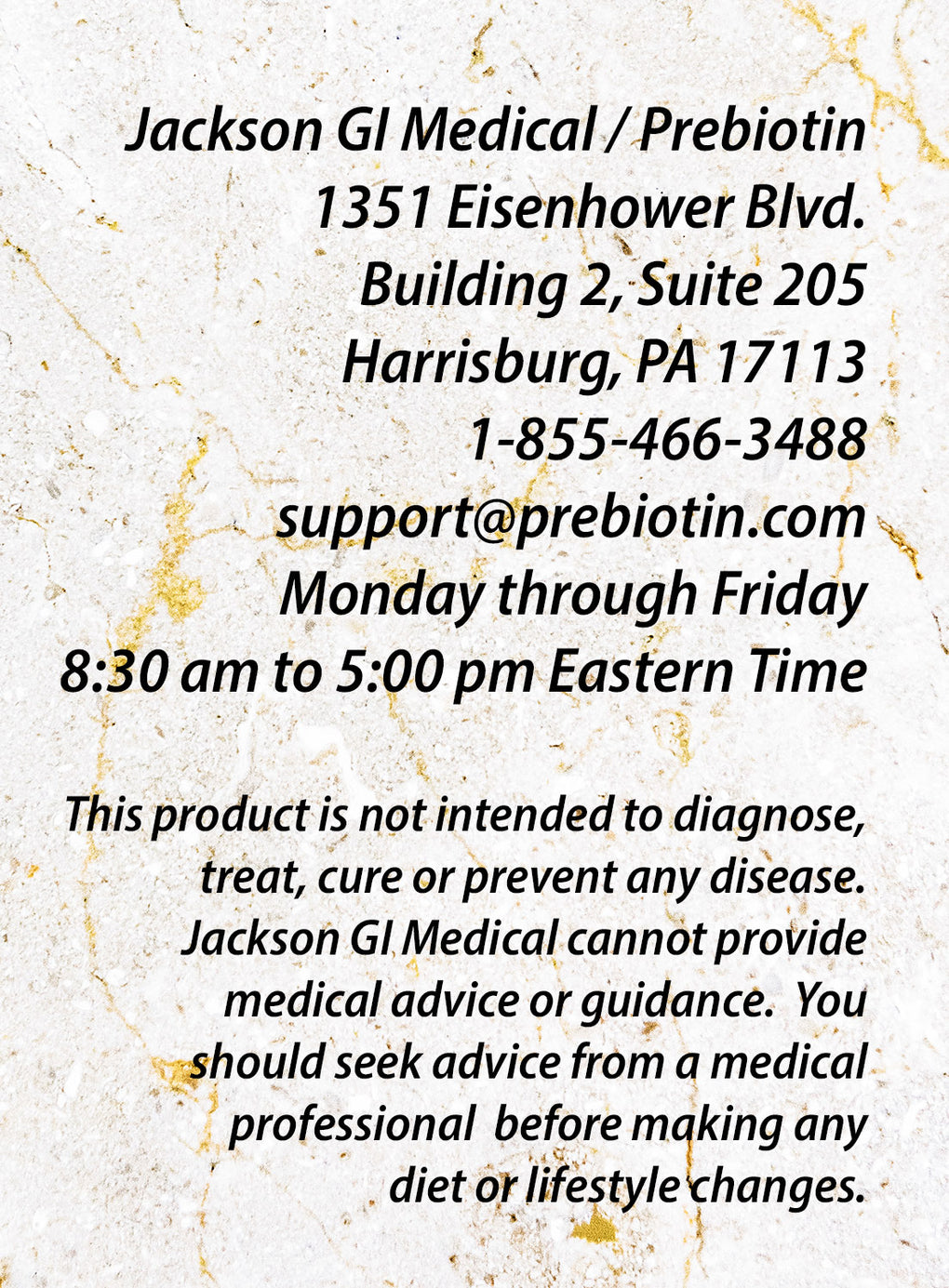Prebiotics Buyers Guide

By adding prebiotics supplements to your diet, you can boost immunity, improve regularity and enhance the performance of your gut, naturally. Prebiotic fiber can also help to curtail obesity, in a natural low-calorie way.
Not all prebiotics are the same, however.
That’s why it’s important to educate yourself on the different types of prebiotics, the science backing the benefits of them and how much you need to consume daily in order to realize their benefits.
Before you buy a prebiotic supplement, make sure you know:
- Whether you are buying actual prebiotics.
- What the types of prebiotics
- Whether the prebiotics company uses Good Manufacturing Practice (GMP) standards.
- Whether you are buying from a real prebiotics company.
When you consume high-fiber foods, you’re providing your body with various levels of health benefits. However, it’s essential to incorporate both simple soluble and complex fibers into your diet so you’re fertilizing the healthy bacteria that live within your colon. A prebiotics supplement can help you do just that.
How do you know what the best prebiotic fiber supplement is, though? First, you should get an understanding of the different types of prebiotics.
Different Types of Prebiotics
There are only two official prebiotics, both of which are oligosaccharides. The two accepted prebiotics are fructo-oligosaccharide and galacto-oligosaccharide.
Some companies sell other compounds that have “prebiotic-like effects” such as agave, dextrin, lactulose or even isomalto-oligosaccharide. The main reason that fructo-oligosaccharide and galacto-oligosaccharide are officially considered prebiotics is because they have been shown in clinical studies to have true prebiotic effects.
Fructo-oligosaccharides (FOS) or Fructans

Fructo-oligosaccharides are known as the prebiotics that keep you strong and healthy, as they feed the bacteria found in your intestines. To put it simply, FOS provides food that helps bacteria (healthy microflora) to flourish in your intestines. This microflora can only thrive with healthy food — just like us.
Fructo-oligosaccharides are a type of medium- and short-chain sugar molecules that your body is unable to digest. They pass into your intestines through your stomach where beneficial bacteria and yeast eat them. During this process, they cleanse your system, help you digest your food and boost your immunity.
There are some interesting properties of FOS, including:
- Being calorie free.
- Having low sweetness intensity.
- Having soluble dietary fiber.
- Being non-cariogenic.
Uses for FOS
Some reasons you might use FOS supplements include:
- Increasing your dietary fiber intake.
- Guarding your body against cancer.
- Encouraging the growth of good bacteria in your gut.
- Relieving irritable bowel and constipation.
- Adding flavor and body to beverages and baked goods.
In short, your overall gastrointestinal tract health is enhanced since FOS acts as a microflora substrate in your large intestine. You can find FOS naturally in the following vegetables:
- Chicory root
- Onions
- Jerusalem artichoke
- Garlic
- Leeks
If you’re looking to feed your good bacteria and add more fiber-rich fructo-oligosaccharides to your diet through food sources, try adding some of these vegetables on your plate. Other FOS-rich foods include wheat, barley and bananas — which also help to feed candida (pathogenic yeast).
Galacto-oligosaccharides (GOS)
Galacto-oligosaccharides are also referred to as oligogalactose, oligogalactosyllactose, transgalactooligosaccharides and oligolactose, and they belong to the prebiotics group. GOS provides a good source of food for lactobacilli, bifidobacteria and other health-promoting types of bacteria.

Various studies with adults and infants have shown that beverages and foods rich with GOS significantly increase the health and numbers of bifidobacteria. There have also been other studies involving adults and the elderly that have found GOS to have a laxative effect. In addition, there have been a few clinical trials that evaluated the effect a mixture of FOS and GOS had on infant bowel function. When mixing GOS and FOS in infant formula, researchers found modulate stool characters and bowel function similar to that of when an infant is fed with breast milk.
A handful of GOS rich foods you can add to your diet include:
- Hummus/chickpeas
- Lentils
- Lima beans
- Green peas
- Kidney beans
Your gut microbiota plays a significant role in maintaining an intestinal disease-free immune system. Your immune system and gut form a complex structure that helps defend against pathogenic bacteria and ingested toxins.
To boost your body’s natural defense system, maintain a well-balanced gut microflora.
GOS indirectly increases the levels of good bacteria in your gut, which inhibits the survival of potentially harmful bacteria such as salmonella, Escherichia coli, and clostridia in your body — reducing your chances of being infected.
In addition, GOS supports your immune system through antimicrobial substance production that results from GOS fermentation. GOS enhances your immune system’s ability to fight off unwanted pathogens throughout your body.
Further, oligosaccharides are one of the best prebiotic supplements to incorporate into your diet to help reduce the risk of developing yeast infections. Your body will be better able to eliminate excess candida as well as other pathogens from your diet in the first several months after adding a prebiotic supplement, while also boosting your immunity and establishing a healthy inner ecosystem.
Your first focus when starting on this type of diet is to eliminate any fungal infection and provide your intestines with a healthy balance of beneficial bacteria. This will boost your immunity and create energy. Therefore, it can be beneficial to add oligofructose supplements to your diet.

In a study published in the American Journal of Clinical Nutrition, GOS supplementation was also found to minimize gastrointestinal dysfunction symptoms and reduce the number of days of flu or cold in academically-stressed college students. The use of GOS in infants has been found to play a potential role in reducing infectious diseases and preventing allergies as well.
Inulin and Oligofructose
One of the most common types of FOS is inulin. Inulin describes a mixture of fructose polymers that is found in nature. A subgroup of inulin is oligofructose, which consists of polymers along with some polymerization. Both of these are natural food ingredients you’ll often find in many different dietary foods.
There are a variety of health benefits of inulin, so it’s used in functional foods as a prebiotic agent for stimulating beneficial intestinal bacteria growth. It is hot water soluble, which enables it to be easily incorporated into dairy products, drinks, and baked goods.
Natural Sources of Inulin
Many different foods have inulin in them naturally. Some of these foods include:
- Leeks
- Asparagus
- Bananas
- Onions
- Garlic
- Wheat
You’ll find inulin supplements and high concentrations of it in herbs like elecampane root and dandelion root. Another common and somewhat easy-to-add inulin source is chicory root — it has many similarities to the sugar beet. You extract inulin from chicory root in much the same way as you would sucrose from a sugar beet. The same type of equipment is used for the extraction process, too.
How Much Inulin Do You Need?
There isn’t a set amount of inulin you need or can have. However, you’ll want to consume enough inulin each day to keep your digestive tract working properly. It also can be helpful to increase your inulin intake if you have been on antibiotics. Antibiotics reduce your good intestinal bacteria, and the inulin helps to replenish it.
Other things that can kill your intestinal bacteria are processed foods, fried or sugary foods, and alcohol. Therefore, if you’re looking to give your diet a healthy boost, overcome irritable bowel disease (IBD) or irritable bowel syndrome (IBS) or lose weight, you can consider boosting your inulin intake.
The Amount of Prebiotics You Should Consume Daily to Benefit You

To benefit the most from prebiotics, try to consume a minimum of five grams of prebiotics daily. Prebiotic powder or the top prebiotic supplements will help you measure how much you’re consuming each day.
Top-rated prebiotic supplements incorporate a predetermined amount of prebiotics. You can also buy the best prebiotics powder formula to make it easier for you to get your prebiotic fiber either by sprinkling it on your food or making a tasty shake.
Powder form is best since prebiotic pills don’t typically contain enough prebiotics to provide a significant benefit. You can always check some prebiotic reviews to make that decision for yourself as well. These prebiotic supplement reviews can help a great deal in seeing what others are experiencing with these beneficial supplements.
Taking a daily, full-spectrum prebiotics supplement that provides you with the five grams will ensure you get your recommended dose. You can also consider our Weight Management prebiotic supplement, which requires a dose of 8-12 grams. Non-digestible oligosaccharides are considered a safe food additive, so it’s important to have a health goal in mind when determining the ideal dosage for your intake.
Exploring Other Benefits of the Top-Rated Prebiotic Supplements
There are still more benefits to the prebiotic brands available today. For instance:
- Non-digestible oligosaccharides act like dietary fiber and may award you with some fiber benefits. They can also help your body absorb magnesium and calcium.
- Prebiotics are simple to use, unlike probiotics which are live organisms. In order to see any benefit from probiotic supplements, you have to make sure the probiotics continue to be viable. By comparison, prebiotics are carbohydrates and can be frozen or cooked and still retain their healthful properties.
- Prebiotics are a food source for the good bacteria that’s already in your gut. While probiotics bring new bacteria into your system, you can nourish what you already have with prebiotics.
Choosing a Prebiotics Provider
Remember, not all prebiotics are the same. Likewise, not all prebiotic companies are the same. It’s important to know where the prebiotic supplement was manufactured and if the company uses Good Manufacturing Practice (GMP) standards. There are reports highlighting potential dangers associated with supplements sourced from overseas countries such as China and Russia, so it is important to conduct your due diligence when purchasing a prebiotic supplement.
Unfortunately, just because a supplement is manufactured in the United States, Canada or Europe does not mean it was created using Good Manufacturing Practice (GMP) standards. According to the International Society for Pharmaceutical Engineering, “GMP is a system for ensuring that products are consistently produced and controlled according to quality standards.”
Further, it’s not always easy to determine if a company that sells supplements is “real” or a glorified eBay seller who orders discount supplements from China. Flashy websites can be impressive, but what do they really tell you? The savvy shopper will investigate the company by looking for factors such as:
- A complete “About Us” or “Company Information” page.
- A Board of Directors and/or staff with experts (such as medical doctors, PhDs, certified nutritionists, etc.).
- A physical mailing address.
- A working toll-free number that actually connects you with knowledgeable staff members.
Prebiotin: The Best Prebiotic Supplement
Prebiotin has emerged in as a leader in the prebiotics supplements field. We are a U.S.-based company using Good Manufacturing Practice (GMP) standards. We specialize in prebiotic formulations and have the science and expertise to back up our claims. We invite you to learn more about our company and our 100% natural prebiotic products.
In order to realize the benefits of getting enough fiber, you have to resist the temptation of simply taking a pill. They don’t provide you with enough prebiotics to get those benefits. That’s why Prebiotin® is in powder form.
Since prebiotics are essential for a happy gut and healthy diet, make sure you’re getting the proper amounts of them. You’ll find many different types of supplements on the market claiming to contain prebiotics, so choose one that says it is 100 percent all-natural and full spectrum.
Prebiotin, which was developed by gastroenterologist Frank W Jackson, offers you 100 percent of the all-natural, full-spectrum prebiotic supplement (oligofructose and inulin), and is, therefore, recommended as part of your daily diet. The reason why Prebiotin is so beneficial to you and works so well is that you’re indeed getting full-spectrum prebiotic types, which substantial research supports as beneficial.
Prebiotin is all natural and is manufactured under GMP rigorous standards. It isn’t genetically modified like other supplements can be. Prebiotin is recommended by physicians all over the United States and Canada.






